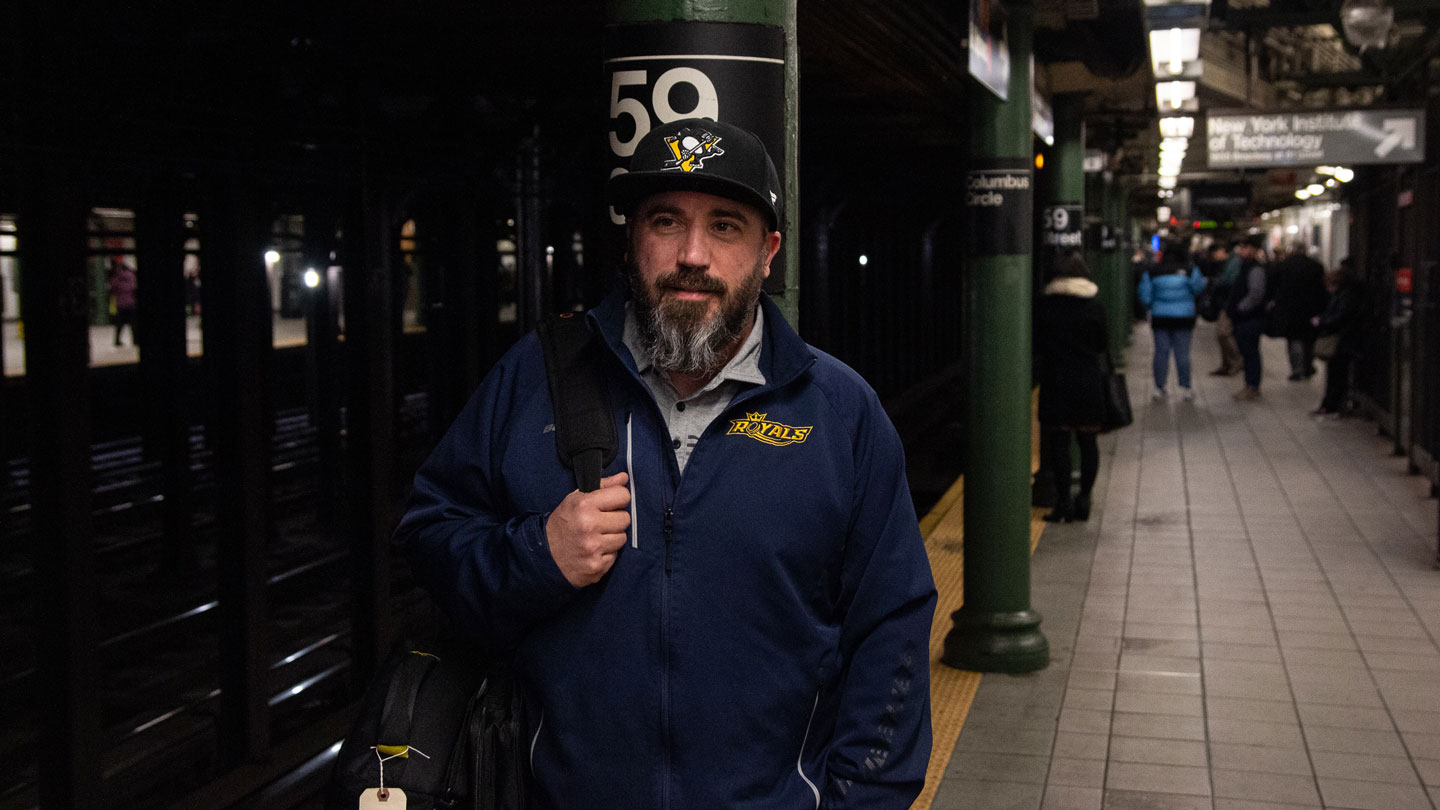Like many people who have struggled with a mental illness, Emily Hollenbeck had plenty of stories of people not quite getting it. One memorable instance happened as she was about to be anesthetized for an electroconvulsive therapy treatment. The anesthesiologist found out that she had a Ph.D. in psychology. “His eyes settle on me, and he goes, ‘Oh, that’s ironic.’” Her academic background should have somehow prevented her illness, he seemed to imply.
Being open about depression can bring judgment, and danger: “If you are honest about what you need for your mental health, you can suffer consequences,” says Emily, who had DBS surgery in 2021. That can include lost jobs, lost relationships and perhaps most crucially, lost health care.
Those consequences are why I’m not identifying Patient 001 by his name. He works in an intensely intellectual and competitive field, and with a new baby at home, he can’t risk losing business over people’s mistaken assumptions.
There’s stigma surrounding depression, and there’s stigma surrounding its treatments. When Patient 001 told his family he was getting experimental brain surgery, they didn’t understand. “At first, they were like, ‘You’re crazy. It’s unsafe.’”
2023-09-21 08:34:05
Source from www.sciencenews.org




















